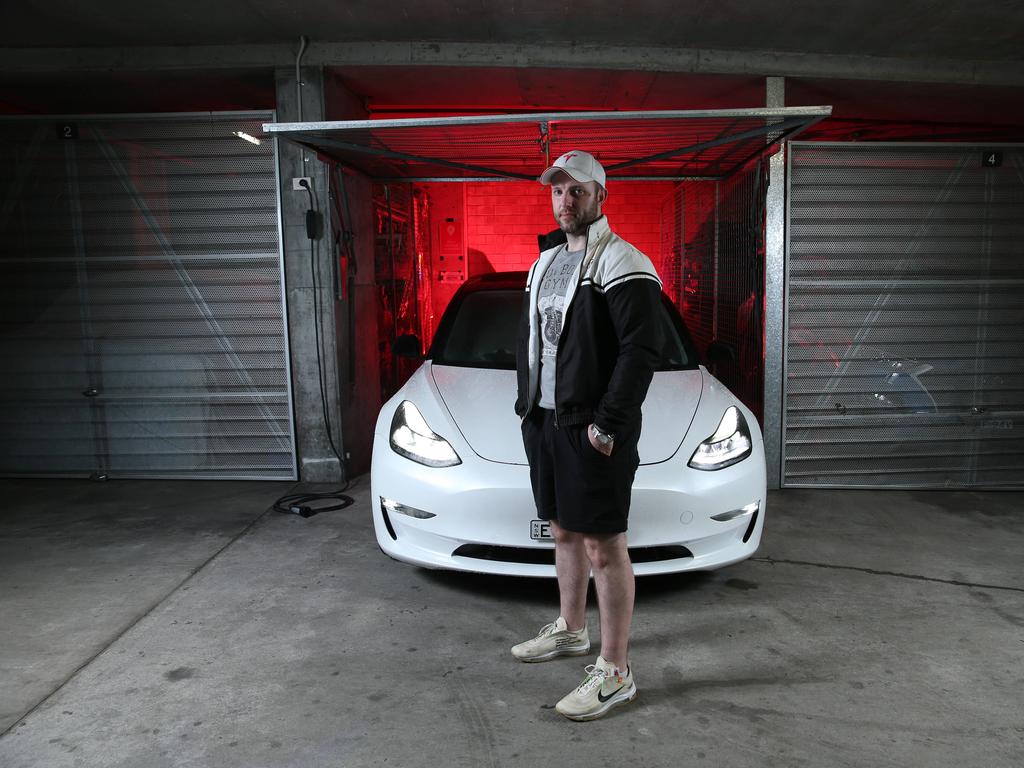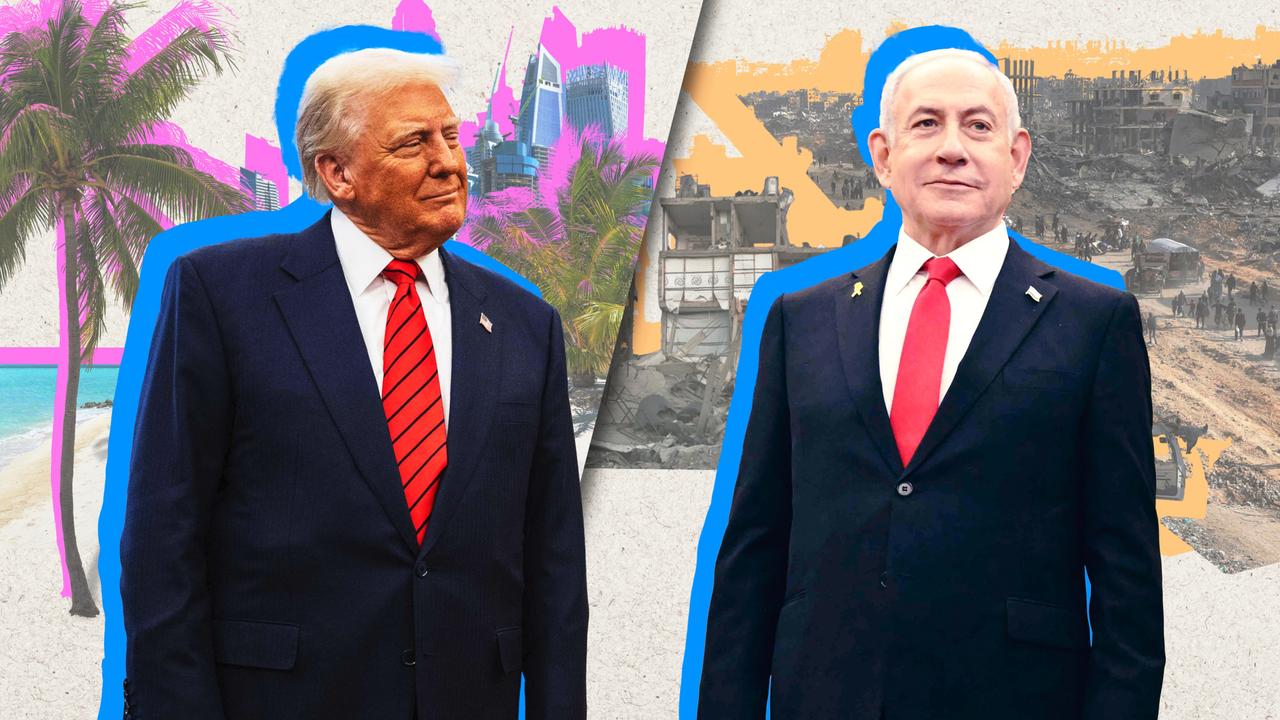Australia-Indonesia lithium alliance to lock up EV market
Indonesia begins talks with Australia to invest in a long-term partnership that could make the two countries the dominant global supplier of EV batteries.
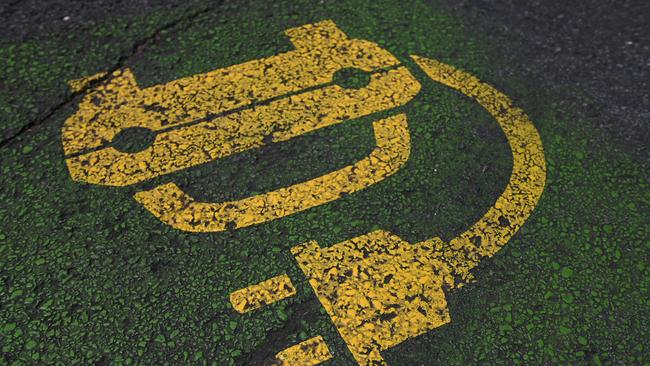
Indonesia has begun talks with Australia on a plan to invest in a long-term lithium mining and processing partnership that could make the two countries the dominant global supplier of electric vehicle batteries, and aid the Southeast Asian giant’s green-energy transition.
Arsjad Rasjid, one of Indonesia’s most powerful businessmen and chairman of the B20 business leaders’ summit being held in the lead-up to the G20 leaders’ talks this week, said Australia was the “missing link” in Indonesia’s electric-vehicle industry dream and the issue would be discussed after Anthony Albanese flew into Bali on Monday.
In a keynote speech to the B20 summit on Monday before attending the leaders’ summit of the world’s 20 largest economies on Tuesday and Wednesday, the Prime Minister will say Australia is committed to “co-operating with other nations to help reduce their emissions, grow their economies and improve living standards”.
“For governments and business, investing and developing clean energy will enhance our individual energy security and it will strengthen our collective action on climate change,” Mr Albanese will say.
The Prime Minister has made the commitment to deepen trade and investment with Indonesia
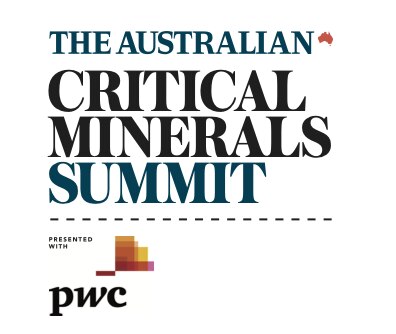
and the region a key plank of his government’s international agenda, and on Saturday announced former Macquarie bank chief Nicholas Moore as the new Southeast Asian envoy tasked with achieving that aim.
Australia is home to at least half the world’s lithium resources, while Indonesia has the world’s largest reserves of nickel, another key ingredient for batteries. But China still dominates the world’s lithium supply chain, raising concerns about security of supply in an era of intense competition and increasing decoupling of US-China trade.
Mr Rasjid, chairman of energy giant Indika, said Indonesian business and investment chiefs had begun discussions in Australia in recent weeks on investing in Australia’s lithium resources and how they could work with Australia to process the mineral, which is a critical component for electric-vehicle batteries.
“If we can work together on this then Indonesia and Australia could be the global supply chain for EV batteries,” Ms Rasjid said. “Indonesia is very serious about investing in lithium mines.”
Australia and Indonesia, as two of the world’s largest coal exporters, have historically competed in the global minerals sector, but the EV battery industry presents an opportunity to work together.
“There is a demand, it’s real, it’s the future and it’s a great example of where we can complement each other rather than compete,” Mr Rasjid said. “I spoke to your trade minister (Don Farrell) who is very keen and I am going to speak to your Prime Minister also to start the conversation.”
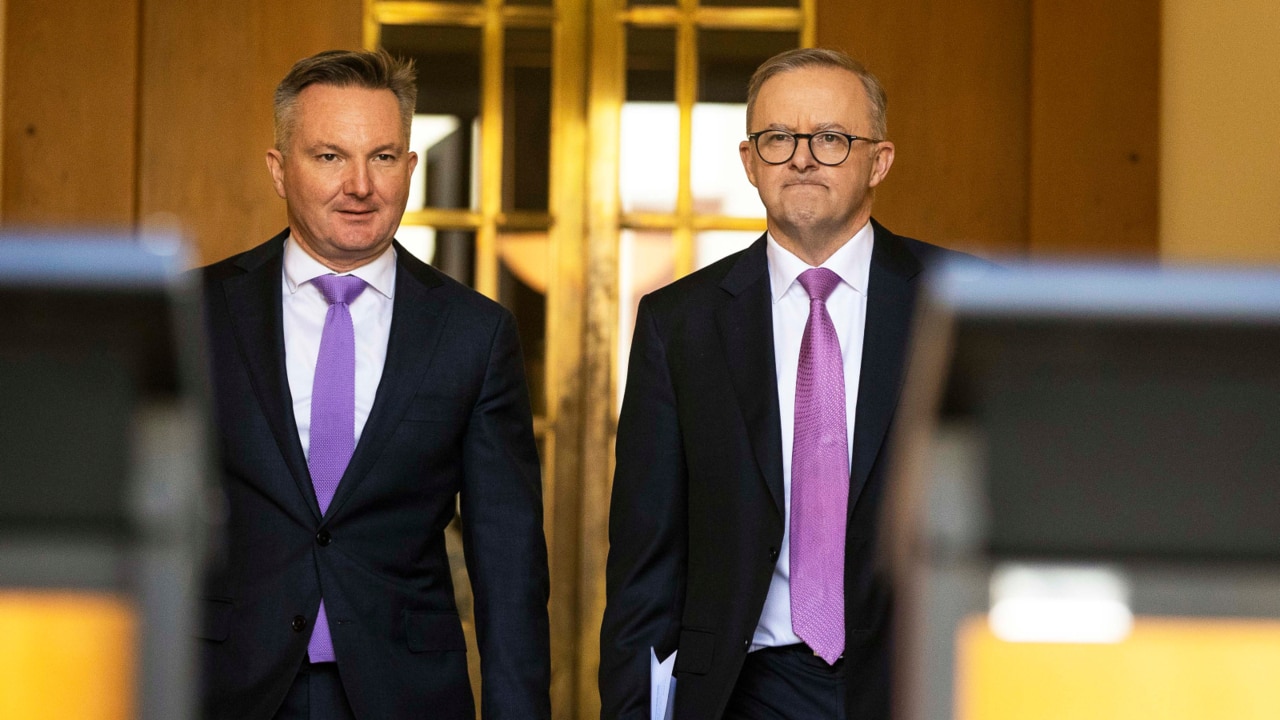
Also at the B20, Andrew Forrest’s Fortescue Future Industries announced a partnership with Gunung Steel Group, one of Indonesia’s largest private steel makers, to investigate using green hydrogen or green ammonia to power their factories. Dr Forrest said the use of green hydrogen could be the key to producing low-emission steel in a “particularly hard-to-abate sector”.
Indonesia aims to reach zero emissions by 2060 and reduce its carbon footprint by 2030 in part by ramping up production of EV batteries and electric cars.
The Indonesia Battery Corporation, the country’s state-owned battery-maker, estimates it will need at least 70,000 tonnes of lithium hydroxide every year to realise its ambitions to create a dominant EV battery industry and has flagged the possibility of acquiring lithium mines in Australia through state-owned mining company MIND-ID.
Mr Rasjid said Mr Albanese was chosen to give a closing keynote speech at the B20 summit, which wraps up on Monday, because of the unprecedented goodwill established between the two governments since the newly elected Australian Prime Minister chose to make Indonesia his first official overseas visit in June.
Even more importantly, however, he added: “Your PM was the first one to say, ‘I am going to Bali’. We really appreciated that. We felt that Australia is behind us.”
Indonesia was keen to build on the new momentum in the bilateral relationship, he said.


